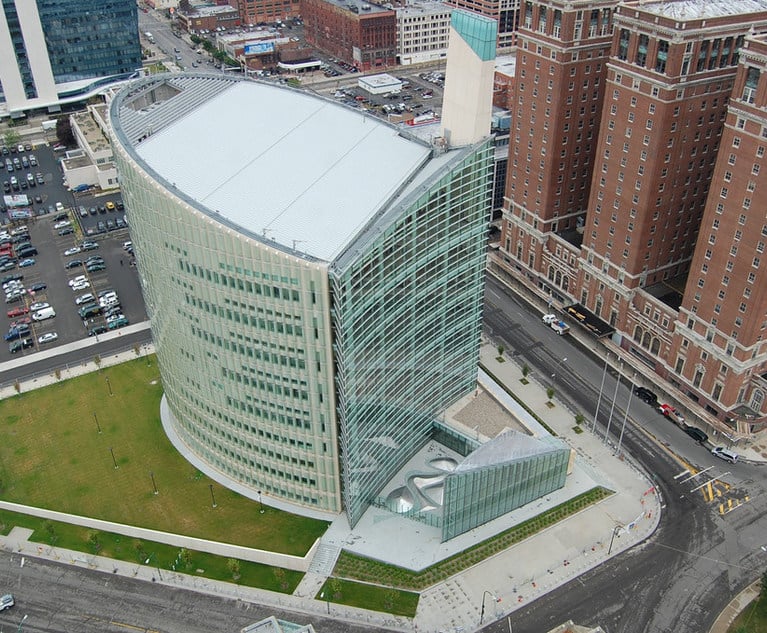The New York Office of Attorney General (OAG) is battling one of the largest global cryptocurrency exchanges (BitFinex) and one of the most prominent “stablecoin” issuers (Tether) in a proceeding that may test the limits of the OAG’s expansive authority to prosecute securities and commodities fraud under the Martin Act. The matter has potential ramifications for many cryptocurrency businesses, especially those that take steps to avoid New York and view themselves as outside the reach of the OAG’s jurisdiction. The proceeding is before New York Supreme Court Justice Joel Cohen, styled In the Matter of the Inquiry of Letitia James, Attorney General of the State of New York v. iFINEX INC., et al., No. 450545/2019 (Sup. Ct. N.Y. County).
Bitfinex claims to be the world’s largest exchange by volume for trading Bitcoin against the U.S. dollar. Companies that share ownership with Bitfinex also issue digital assets known as “tethers” to facilitate trading on Bitfinex and other platforms (the companies that issue tethers are also collectively referred to as Tether). Tethers are a form of “stablecoin”—a term derived from the fact that their value is pegged to traditional currency. Tether pegs the value of U.S. dollar tethers (USDT) to the dollar by representing that each USDT is redeemable for one dollar. Initially, Bitfinex and Tether also represented that USDT were backed “one-to-one” by currency held in reserves. As of early May 2019, there were approximately $2.8 billion in U.S. dollar tethers (USDT) in circulation, and it continues to trade near par to the dollar. Dkt No. 52.


 Photo Credit: Shutterstock
Photo Credit: Shutterstock




